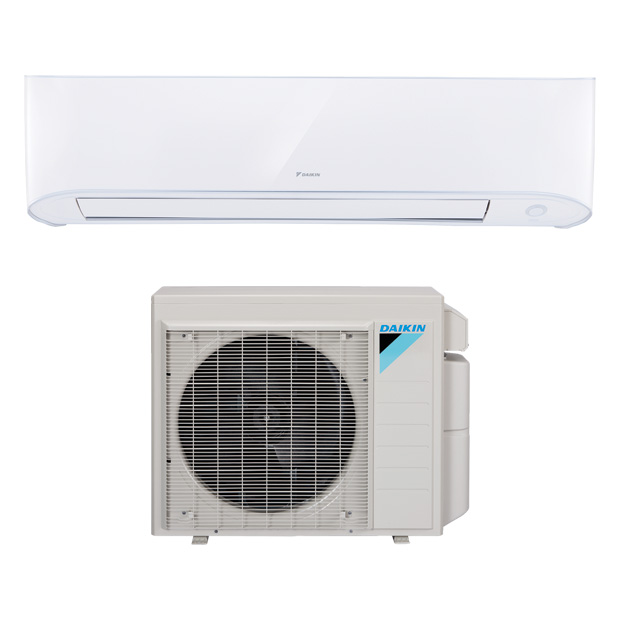
As temperatures begin to rise, having a reliable air conditioning system becomes essential to stay cool and comfortable indoors. If you are considering installing a new air conditioner or upgrading your existing one, there are several factors to consider to ensure optimal performance and efficiency. If you want to know more about air conditioning installation, you can explore this site.
Types of Air Conditioners
Central Air Conditioning
- Makes use of ducts to distribute cool air throughout the entire house
- Requires professional installation and maintenance
- Provides consistent cooling in every room
Ductless Mini-Split System
- Does not require ductwork, making it ideal for older homes or room additions
- Allows for customized cooling in different zones of the house
- Offers higher energy efficiency compared to central air conditioning systems
Factors to Consider Before Installation
Size of the Unit
It is essential to choose an air conditioning unit that is the right size for your space. An oversized unit will lead to frequent on/off cycles, while an undersized unit will struggle to cool the space efficiently.
Energy Efficiency
Look for air conditioners with a high SEER (Seasonal Energy Efficiency Ratio) rating to ensure energy efficiency and lower utility bills.
Installation Costs
Get multiple quotes from reputable HVAC companies to compare prices and services offered. Choose a provider that offers quality installation at a competitive price.
The Installation Process
Site Inspection
A professional HVAC technician will visit your home to assess the layout, size, and insulation of your space to determine the best location for the air conditioning unit.
Ductwork Installation (for central air conditioning)
If you opt for a central air conditioning system, the technician will install or inspect existing ductwork to ensure proper airflow throughout the house.
Mounting the Unit
The outdoor unit of the air conditioner will be mounted on a stable surface, preferably on a concrete pad, to ensure proper operation and longevity of the system.
Electrical Connections
The technician will make electrical connections to ensure the air conditioner is properly connected to your home's electrical system and can function safely.
Maintenance Tips
Regular Filter Replacements
Replace the air filter every 1-3 months to ensure optimal airflow and efficiency of the air conditioning system.
Clean the Outdoor Unit
Regularly clean the outdoor unit to remove debris, leaves, and dirt that can obstruct airflow and reduce the system's efficiency.
Professional Inspections
Schedule annual maintenance checks with a qualified HVAC technician to inspect the system, identify potential issues, and ensure it is running efficiently.
Benefits of Proper Installation
Improved Energy Efficiency
- Proper installation ensures that the air conditioner operates at its peak efficiency, reducing energy consumption and lowering utility bills.
Enhanced Comfort
- A correctly installed air conditioner provides consistent and even cooling throughout the house, ensuring maximum comfort during hot summer days.
Extended Lifespan
- By following proper installation procedures and regular maintenance, you can extend the lifespan of your air conditioning system, saving you money on costly repairs or replacements.
By understanding the different types of air conditioners, considering important factors before installation, following the proper installation process, and implementing regular maintenance tips, you can ensure that your air conditioning system operates efficiently and keeps you cool all summer long. Beat the heat with a properly installed and maintained air conditioning system!